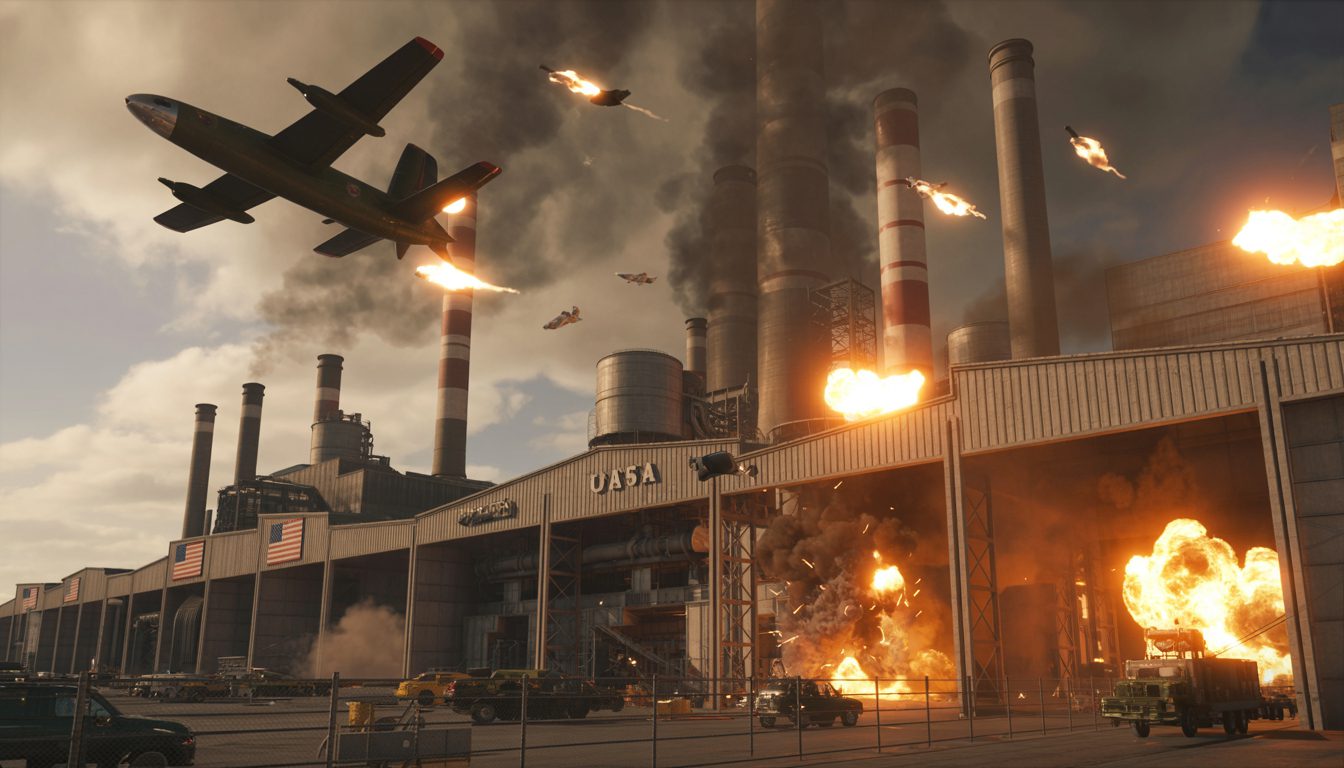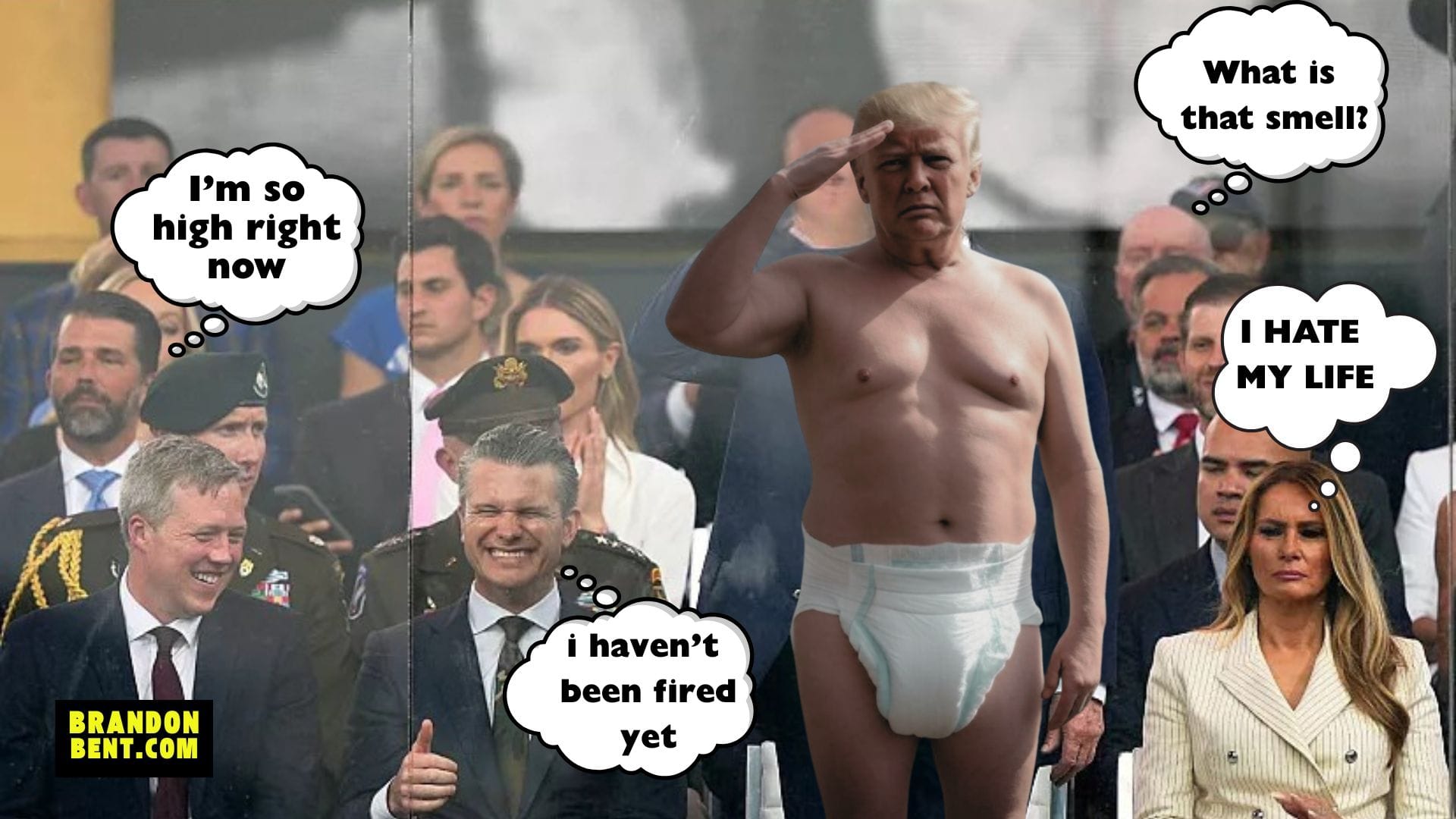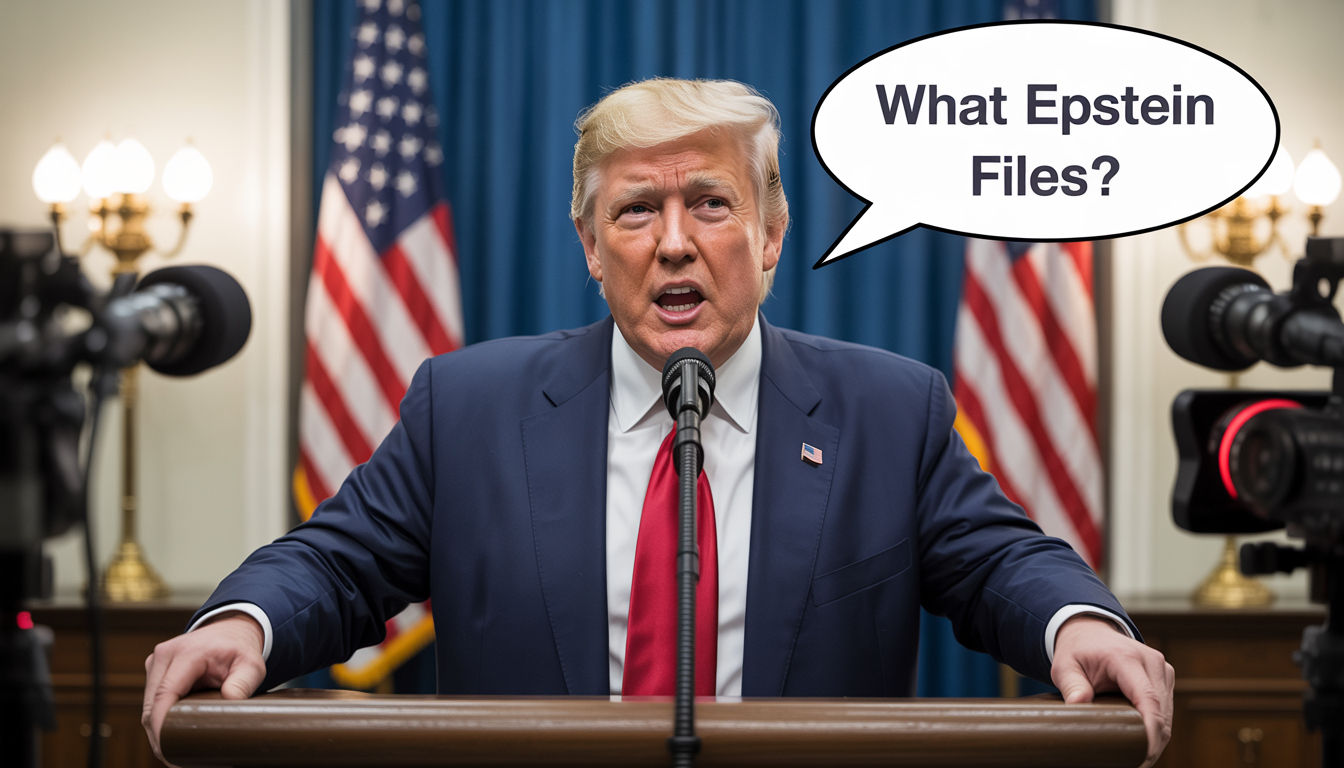Russia unleashed one of its most devastating aerial assaults of the year against Ukraine on Wednesday night, launching 574 drones and 40 missiles in a coordinated attack that destroyed a US-owned factory and raised serious questions about Moscow’s commitment to peace negotiations. The massive overnight barrage targeted western regions of Ukraine, including the American-owned Flex electronics facility in Mukachevo, just 30 miles from NATO borders with Hungary and Slovakia.
The strike on the US company marks a significant escalation in Russia’s targeting of Western business interests in Ukraine, coming just days after President Donald Trump’s high-profile meeting with Russian President Vladimir Putin in Alaska. Ukrainian President Volodymyr Zelenskyy described the attack as “very telling,” noting that Russia deployed “several cruise missiles” against the civilian facility that manufactures household appliances like coffee machines.
Unprecedented Scale of the Attack
According to Ukrainian Air Force officials, this assault ranks as Russia’s third-largest aerial attack of 2025 by drone count and eighth-largest by missile deployment. The coordinated strike lasted several hours, with waves of missiles and drones launched from multiple Russian locations before an all-clear was declared after 6 a.m. local time.
The attack resulted in at least one fatality in Lviv and left 15 people injured across multiple locations. Emergency services reported significant fires and damage to residential buildings, commercial facilities, and vehicles throughout the targeted regions.
“Last night, the Russian army set one of its insane anti-records,” Zelenskyy stated during his morning address. “They targeted civilian infrastructure facilities, residential buildings, and our people.”
American Factory Becomes Strategic Target
The destroyed facility belongs to Flex Ltd., a NASDAQ-listed electronics manufacturer headquartered in Austin, Texas, with global operations. The Mukachevo plant employed over 2,600 workers and focused exclusively on civilian electronics production, not military equipment.
Ukrainian Foreign Minister Andrii Sybiha confirmed that the “prominent American electronics manufacturer” was deliberately targeted, though he declined to provide additional specifics about the facility’s operations. The strike has raised concerns among NATO allies about Russia’s willingness to target Western business interests operating near alliance borders.
Regional Impact and Strategic Location
Mukachevo and the surrounding Transcarpathia region rarely experience direct attacks due to their distance from active combat zones in eastern and southern Ukraine. The area serves as a crucial logistics hub where Western military aid is believed to be delivered and stored before distribution to Ukrainian forces.
City administrator Andriy Baloha emphasized the civilian nature of the targeted facility, stating on Facebook: “The target was a civilian facility that employed thousands within our community and the surrounding district.”
Diplomatic Implications Amid Peace Efforts
The timing of the Russia launches massive attack has drawn sharp criticism from international observers, occurring just three days after diplomatic meetings in Washington between Trump, Zelenskyy, and European leaders. France’s Ministry for Europe and Foreign Affairs characterized the strikes as evidence of Russia’s “lack of any genuine intention to engage seriously in peace talks.”
The assault comes as Western nations have renewed diplomatic efforts to broker a peace agreement in the three-year conflict. Trump had previously expressed optimism about potential negotiations following his Alaska meeting with Putin, stating earlier this week: “We’re going to find out about President Putin in the next couple of weeks.”
NATO leaders continue to question Putin’s commitment to good-faith negotiations, with the overnight strikes reinforcing concerns about Russia’s diplomatic intentions. Zelenskyy has called for increased international pressure on Moscow through stricter sanctions and tariffs, arguing that Russia has shown no willingness to engage in serious peace talks.
Ukraine’s Response and Countermeasures
In response to the escalating attacks, Ukraine has intensified its own operations using domestically developed long-range drones to target Russian infrastructure supporting Moscow’s military campaign. Recent Ukrainian strikes have focused on oil refineries and fuel depots, contributing to Russian wholesale gasoline prices reaching unprecedented levels.
The Ukrainian general staff reported successful overnight attacks on Russia’s Novakht oil refinery, a fuel depot in Voronezh region, and a drone storage facility in Russian-occupied Donetsk. These operations represent Ukraine’s strategy of targeting infrastructure crucial to Russia’s war effort.
Zelenskyy indicated that Ukraine remains ready for direct talks with Putin, noting that the two leaders have not met face-to-face since late 2019. He suggested that future negotiations could potentially occur in a trilateral format with Trump, with Switzerland, Austria, and Turkey being considered as possible meeting locations.
International Security Concerns
The attack has heightened concerns about escalation near NATO borders, particularly given the proximity of the targeted facility to Hungary and Slovakia. Western allies are closely monitoring Russia’s willingness to strike civilian targets with significant Western investment so close to alliance territory.
Ukrainian officials report that over 30 nations have tentatively committed to providing security guarantees to Ukraine, though discussions have stalled due to uncertainty about the extent of US involvement. Zelenskyy emphasized Ukraine’s need for clarity on what security assurances allies are prepared to offer as peace negotiations potentially move forward.
The destruction of the American-owned factory represents more than just an economic loss – it signals Russia’s apparent willingness to target Western business interests as part of its broader military strategy. As diplomatic efforts continue, the international community watches carefully for signs of genuine Russian commitment to ending the conflict through negotiation rather than escalation.
For deeper coverage on NATO security challenges, visit Brandon Bent Independent News. Additional context on the Ukraine conflict can be found through Reuters international reporting.
Sources
















